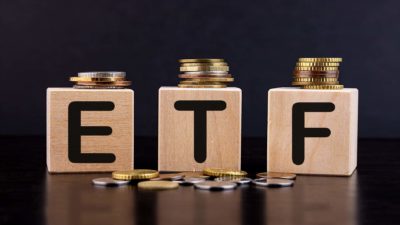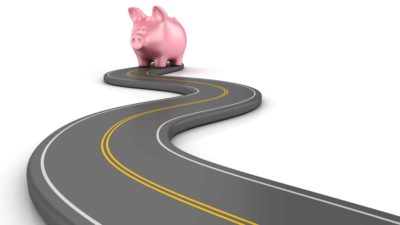With the Reserve Bank of Australia cutting interest rates to a record low of 1.25% on June 4, first home savers are under more pressure than ever in getting to that magic deposit number.
Whilst lower interest rates on the surface may seem like a good thing for mortgage applicants, I don't believe there is much upside at all for anyone looking to hop onto the property ladder. Here's why – when interest rates are lowered, it lowers what's known as the 'risk-free rate' of investing. This raises the perceived value of other riskier income assets like shares and property as investors chase higher yields outside of government bonds.
Lower interest rates are petrol on the fire of house prices and the Reserve Bank just poured more on. What's more is that when a first home buyer walks into Commonwealth Bank of Australia (ASX: CBA) for a home loan, they are likely to come out with a variable interest rate on the mortgage. In other countries, fixed-rate mortgages are quite common, but they are not in Australia (at least beyond 5 years at most). So when interest rates eventually rise, your mortgage repayments will rise with them. You may be locked into a loan based on a house price from a low-interest rate environment with a rising interest rate (not a good place to be).
Things are difficult for those who haven't got to the deposit yet as well. Even the best savings accounts are now unlikely to get you more than around 1.8% for your money, which means you're barely keeping up with inflation. Normally shares are not recommended for anyone who may need the capital for at least 5 years (the stock market is a volatile place).
What about ETFs?
There are some Exchange Traded Fund (ETF) options that can help you squeeze a little more blood from the stone.
The iShares Core Cash ETF (ASX: BILL) is an ETF that invests in short-term money market instruments (mostly short-term loans between banks). BILL has returned around 2% over the past year after fees and is a pretty safe place to have your money as its underlying assets are basically just cash and not shares. Its also an extremely liquid fund, which means it's easy to get your money out again without any hassles.
Another option is the BetaShares Australian High-Interest Cash ETF (ASX: AAA) which operates in a very similar manner and returned 2.03% over the past year. Both ETFs pay monthly interest distributions and have fees of 0.07% and 0.18% respectively.
For prospective house buyers in this low-rate environment, it pays to keep the risks in mind and look at all options for your hard-earned cash.








